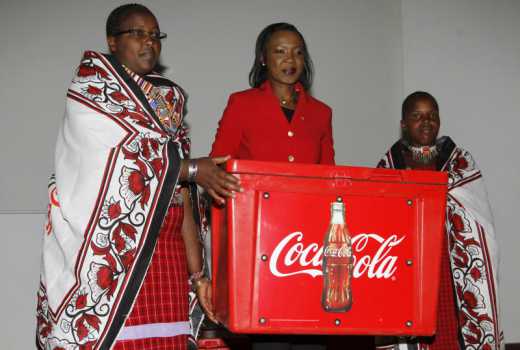×
The Standard e-Paper
Home To Bold Columnists

Coca Cola has been ordered to place labels with nutrition information on its soft drinks in glass bottles.
High Court judge Joseph Onguto gave the company six months to comply with the order, noting that failing to do so was discriminatory and against the right of consumers to make informed decisions on their health.







